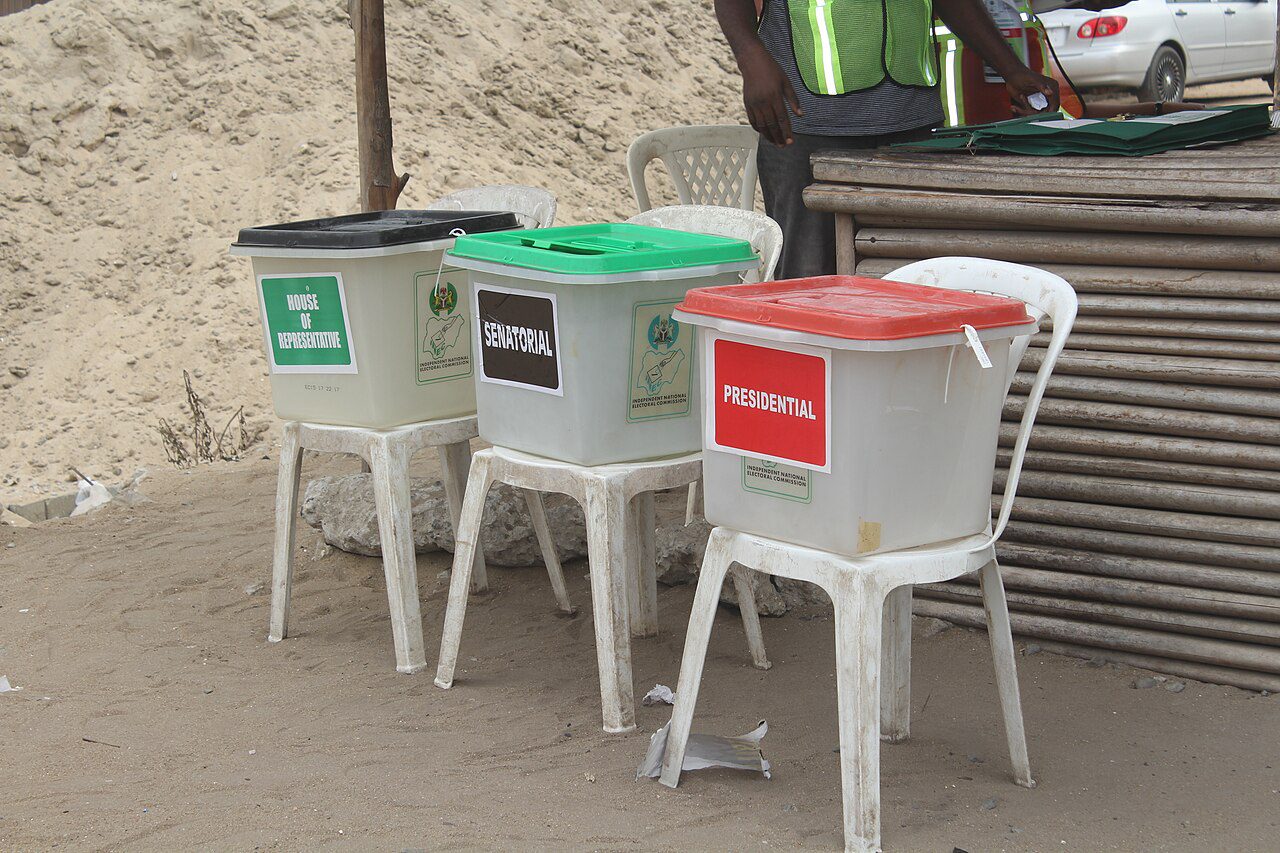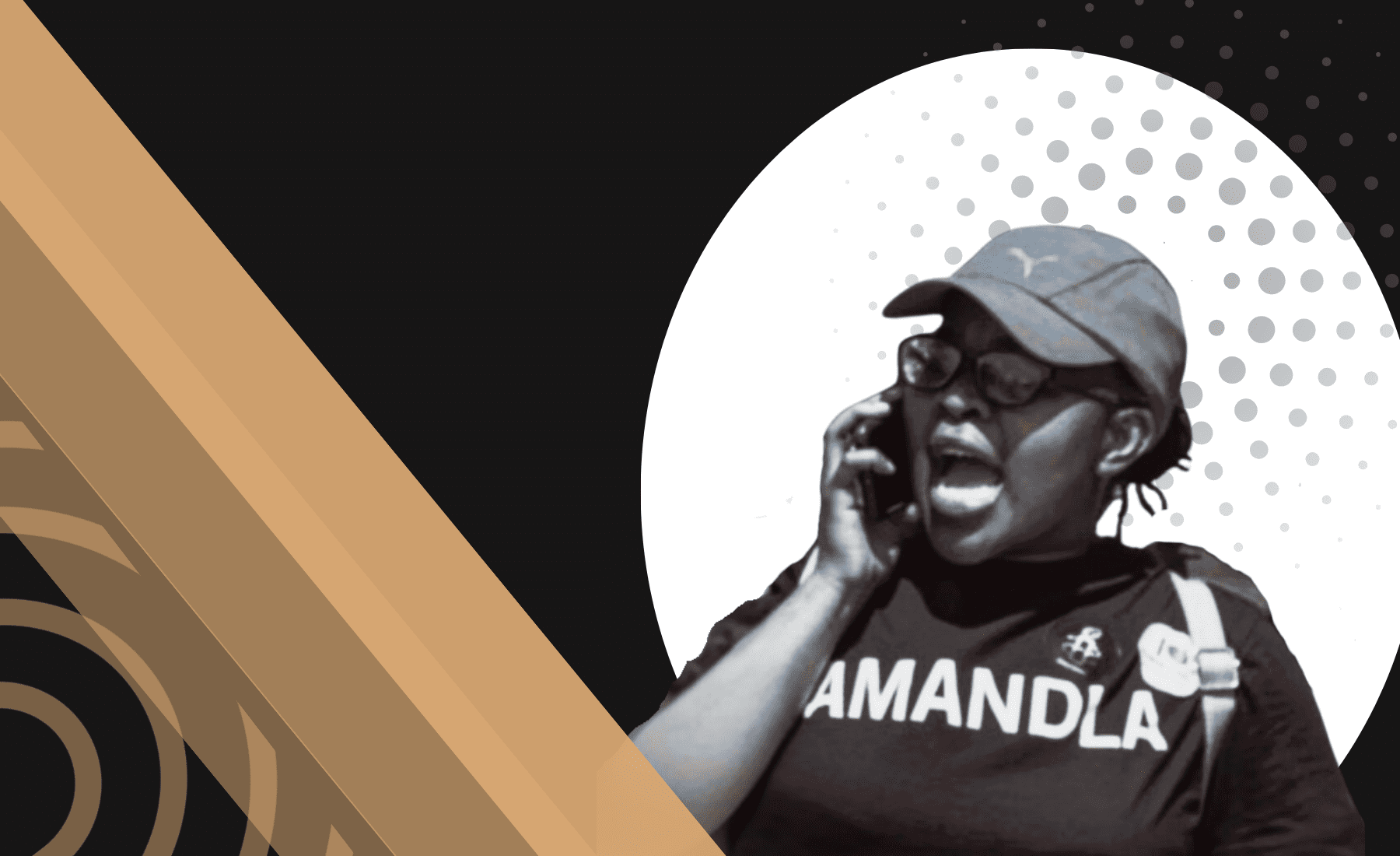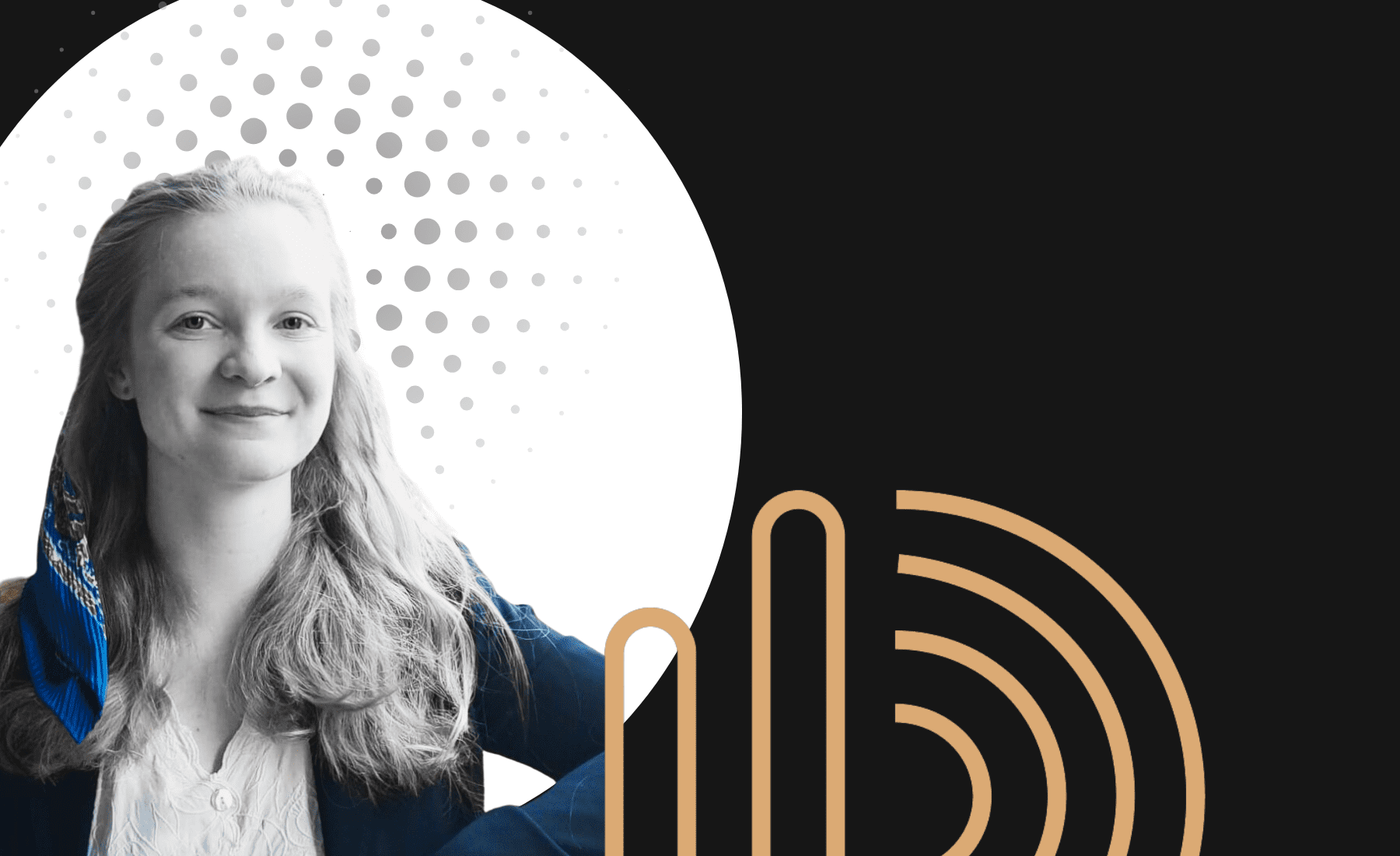Corruption is often understood as the abuse of entrusted authority for private gain. However, in countries such as Sudan, Iraq, and Nigeria where transactional politics dominate formal institutions, corruption also plays a political role – it is one way that politicians accumulate the resources required for the country’s dealmaking politics. In this blog, I explain what this means and how the political marketplace framework can be used to understand the political role of corruption.
In 2022, I was in the home of a local political party official in Plateau State, a state in northern Nigeria, discussing the upcoming election. We can call him John. John had been a local party organizer for more than ten years and was extremely excited about the 2023 election. He thought his opposition party might be able to defeat the incumbent party because people were so frustrated with the state of the country. However, John was also well versed in Nigerian politics and what it took to get someone elected. He told me that at the end of the day, it did not matter how great a politician’s ideas were; what would get them elected was money. And 2023 looked ready to break records of what would be spent to “win” the election.
This short encounter captures what many Nigerians have long recognized—that corruption in Nigeria is not just about getting wealthy, but also about being able to afford the deals that politicians make to hold and exercise power. In my research, this is what some Nigerians described as “criminal politics” and others simply called the rules of the game.
Officially, Nigeria is a democracy, but its politics are transactional, kleptocratic, and violent all at the same time. Political competition is constant, and political authority is not defined by rules, but by the deals made among the elite. This competition plays out behind doors and in formal processes, most notably, elections.
Elections are perhaps the most important part of Nigeria’s political cycle. As Darren Kew argued, they are so important, that political leaders have rarely allowed public preferences to get in the way of their preferred results. While elections are held and many actors work for them to be free and fair, historically, Nigerian elections have been manipulated through the use of money and violence.
For aspiring candidates, elections are exorbitantly expensive, and campaigns are not funded by donations from everyday citizens. To even register as a candidate with a political party, aspirants have had to pay fees as high as $214,000, fees which often exceed the total four-year salaries of the office they hope to win. In addition, party primaries have been described as a competition in buying delegates. In the 2023 election cycle, some People’s Democratic Party Plateau state gubernatorial candidates are believed to have spent more than $167,000 just trying to bribe their way into the party’s nomination. In same the party primary, some individual delegates are alleged to have collected almost $4,000 in bribes. This is more than 10 times what 40 percent of Nigerians lived on in a year and came at a time with over 60 percent of the population was living in multidimensional poverty.
Overall, gubernatorial candidates in Plateau were estimated to need more than $4.4 million to even consider contesting for office. On the presidential level, Bola Tinubu, who went onto win the presidency, is alleged to have spent between $10,000 to $25,000 on bribes for each delegate during the presidential primary perhaps spending as much as $13 million to secure the nomination. As Chidi Odinkalu argued, party delegates were “in Nigerian parlance, chopping from all sides of the mouth.” Offices were seemingly up for auction. Election day also brings with it its own set of costs for buying voters, stoking violence, and funding one’s campaign staff.
In addition to attempts to buy political support—political aspirants also turned to violence. In 2023, this violence included armed actors hired to disrupt opponents’ rallies, burn down electoral offices, and in rare cases, assassinate opponents.
All of these things – whether it is buying delegates or votes or hiring young men to instigate violence – require money, and lots of it. And that’s only to get into office. That does not include the money you will need later on for favors and to ensure continued political support—what Alex de Waal calls the continual need for a political budget, the funds used to buy political loyalty, favors, and the support of armed groups.
The cost of politics is so high, that outside of the country’s millionaires and billionaires, few can afford to finance it by themselves and there is little culture of voter-funded campaigns. This has given rise to diverting state resources and turning to Nigeria’s infamous “godfathers.”
Godfathers are influential, wealthy individuals who leverage these resources to decide who succeeds in elections and in elected office. By some accounts, godfathers are “the most decisive force in Nigerian politics [emphasis added].” Political aspirants strike deals with godfathers to back their candidacies in exchange for favors, contracts, and influence once they are in office. This is almost akin to taking a loan from a godfather that will be paid back using the resources attached to the political office. Not only has this practice of appropriating the resources of the office become common within Nigeria, but doing so has become seen as a right of officeholders.
Even once a candidate is in office, they still need substantial funds to make deals, continually renegotiate the support of “big wigs”, and “settle” the actors who helped get them there in the first place.
In sum, the demands for a political budget do not go away. This speaks to the continual and often increasing demand for resources within transactional political systems, meaning political marketplaces. This is where the political marketplace framework (PMF) offers a lens to understand these transactions and how they relate to corruption.
The PMF flips the script on analyzing corruption—from treating corruption as an abrogation of normal political practice to recognizing it as a key component of it. The PMF provides analytic tools to better understand it. Successful actors need resources to forge deals, buy loyalty, and political services—including violence. Corruption is one way to accumulate these resources. This goes beyond corruption as a means for personal gain (e.g. enrichment) and recognizes that this is how political actors in countries like South Sudan or the Democratic Republic of the Congo afford the deals they make for political power. Using the PMF, we can begin to identify the types of deals that actors are making, the cost of these deals (whether it is paid in cash or with violence), and perhaps most importantly, where they are getting the money to make these deals (PMF toolkit available here). This begins to reveal the real politics of these countries behind their institutional facades.
Trying to address corruption, violence, or the lack of accountability in contexts like Nigeria requires understanding how these systems operate and the calculus that guides political actors. A key part of this analysis is understanding the political role of corruption in the broader political system, something the political marketplace framework allows us to see and better understand. After we begin to understand it, we can hopefully do something about it.



